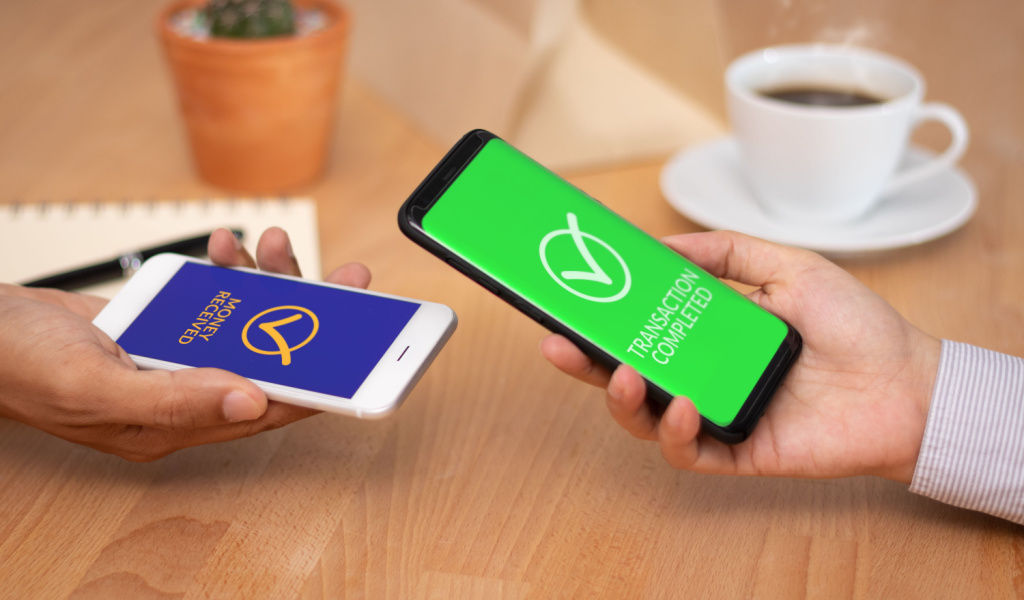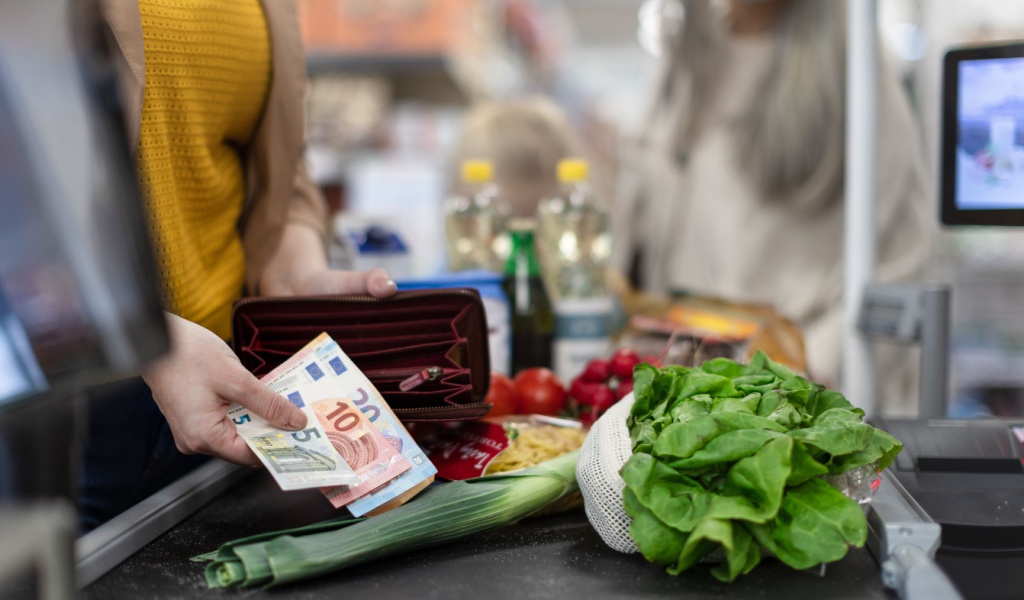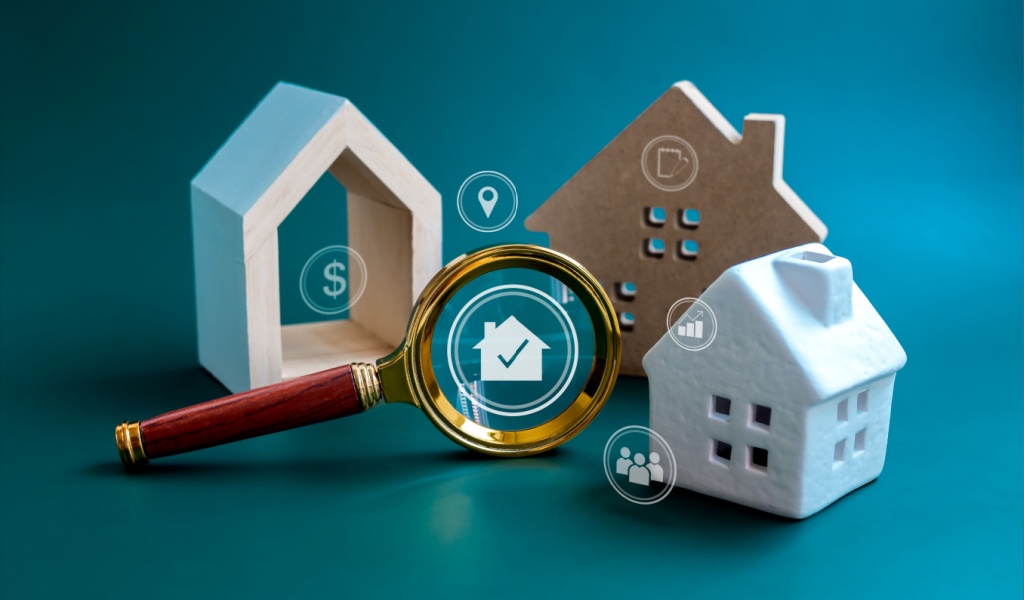Most people who own a smartphone in 2024 have at least one digital wallet app on their phone. They provide a convenient and hassle-free way to make transactions on the go, and as the COVID-19 pandemic taught us, it is safe, as there is no exchange of cash or cards. A 2022 McKinsey consumer survey found that almost 9 out of 10 people in the US used some form of digital wallet. Another 2022 study by the data analytics group Juniper Research predicts that 60% of the global population will be using digital wallets by 2026 – a whopping 5.2 billion people!
So, it’s only valid if you’ve wondered if you should eliminate your bank account entirely and stick to digital wallets. Let us walk you through it.

What Is a Digital Wallet?
A digital or mobile wallet is an application or service that stores financial data such as credit/debit card details and passwords on the cloud. Users can then use their smartphones to make transactions – online and in-store (wherever they are accepted) – and send and receive money without needing to carry cash or cards. Some popular digital wallet apps include Google Pay, Apple Wallet, Samsung Wallet, and PayPal. Users can link their bank or card details to their mobile wallets so money can be transferred directly from these accounts when they transact or load funds directly onto the app to be used as needed.
Some digital wallets also allow users to store e-tickets, gift cards, membership cards, loyalty cards, personal identification cards, and even their boarding passes! Others, such as Venmo, a peer-to-peer money transfer app, cross over into digital wallet territory by letting users store a cash balance on the app. Other widely used e-wallets include Cash App, Alipay, and Zelle.
The terms “digital wallet” and “payment app” may be used interchangeably in day-to-day interactions. With the rising popularity of digital wallets, it’s likely that there will be no need to carry cash or cards anywhere in the future! But before you decide to ditch your bank account, you must analyze the pros and cons of using a digital wallet.
Benefits of Digital Wallets
Convenient & Hassle-Free
The primary reason that most people prefer using digital wallets is the convenience they offer. Most of us don’t leave our homes without our smartphones anyway, and digital wallets eliminate the need to carry anything else and still have access to money anywhere you may need it – be it a restaurant, a drugstore, or a gas station. Plus, you don’t have to worry about carrying change – all it takes is a couple of taps on your phone, and you’re good to go!
Easy to Keep Track of Expenses
Tracking your expenses is challenging when you pay with cash. While a bank account or debit/credit card does allow you to track your expenses, it’s just quicker and easier when you have a digital wallet.
Secure Transactions
Making transactions with a digital wallet typically requires using a password or biometric authentication such as a fingerprint. These encryptions ensure that your financial information stays safe and that no one else can use your money, even if your phone is lost or stolen – but the same cannot be said about your wallet!
Drawbacks of Digital Wallets
Needs a Mobile Device
A digital wallet can only be used if you have a mobile phone. If you lose your phone or run out of battery, you’re also out of luck! Plus, most mobile wallets cannot be accessed if you are in an area with no network because they use the internet to access your information that’s saved on the cloud.
Aren’t Always Accepted
While the use and acceptance of digital wallets are on a steady rise, we’re still not at a point where you can rely on them entirely because not every store or merchant is guaranteed to offer the option. The last thing you’d want is to be stuck somewhere without cash or cards when you can’t pay with a digital wallet!
Can’t Transfer Money Abroad
If you are traveling to or want to send money to someone in a foreign country, digital wallets aren’t much help. Not all e-wallets are available in all countries. In fact, most work only in a few countries and may not even be able to handle multiple currencies or international transfers.

How to Use a Digital Wallet
Using a digital wallet is pretty simple. Here’s how to do it:
- Pick the digital wallet you want to use and download it. You may already have one pre-installed on your phone, but there’s no compulsion to use it. You can also set up and use multiple payment apps simultaneously.
- Create an account and add your payment information. This may include linking your bank account, adding your credit or debit card, or topping the digital wallet with money.
- Make contactless payments using your smartphone digital wallet by scanning a QR code or inputting a mobile number with the help of NFC (near-field communication).
Now that we’ve gone through the aspects of using a digital wallet, let’s get to the main topic of discussion:
Can & Should You Replace Your Bank Account With a Digital Wallet?
Answering the first part of that question is easy: yes, you can replace your bank account with a digital wallet. But it gets more complicated when you consider whether you should do it.
Most people use their e-wallet as a place to store all their payment cards in one place or to keep small amounts of cash. However, storing large amounts of cash in a digital wallet is not advisable, mainly because your money will not earn interest and is not protected by the FDIC, unlike a bank account. While some apps like Venmo try to provide a workaround, such as sweeping money deposited directly or through a “cash check” feature into FDIC-insured partner bank accounts, it still seems unnecessarily complicated. Plus, you’d still get better returns on your money by placing it in a high-yield savings account. Customers also have several other banking needs that cannot be fulfilled by an e-wallet alone, such as checking balances, setting up standing instructions, and managing savings accounts.
To sum up, it would be best to maintain a mix of bank accounts and mobile wallets. This way, you can use each service for its best purpose: bank accounts for storing and transacting more significant amounts of money and e-wallets for quick and easy everyday transactions.



